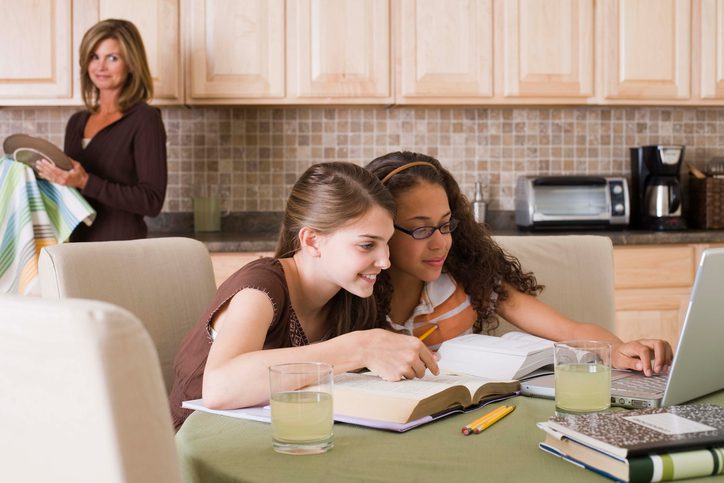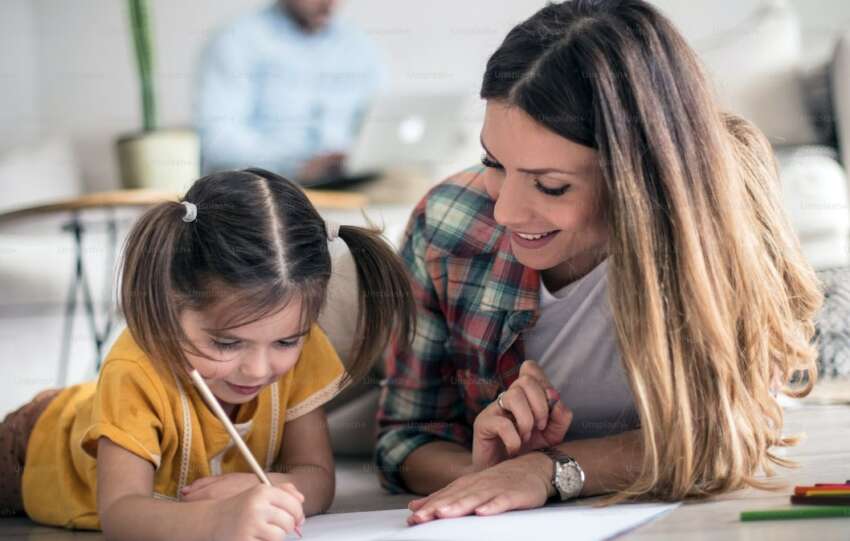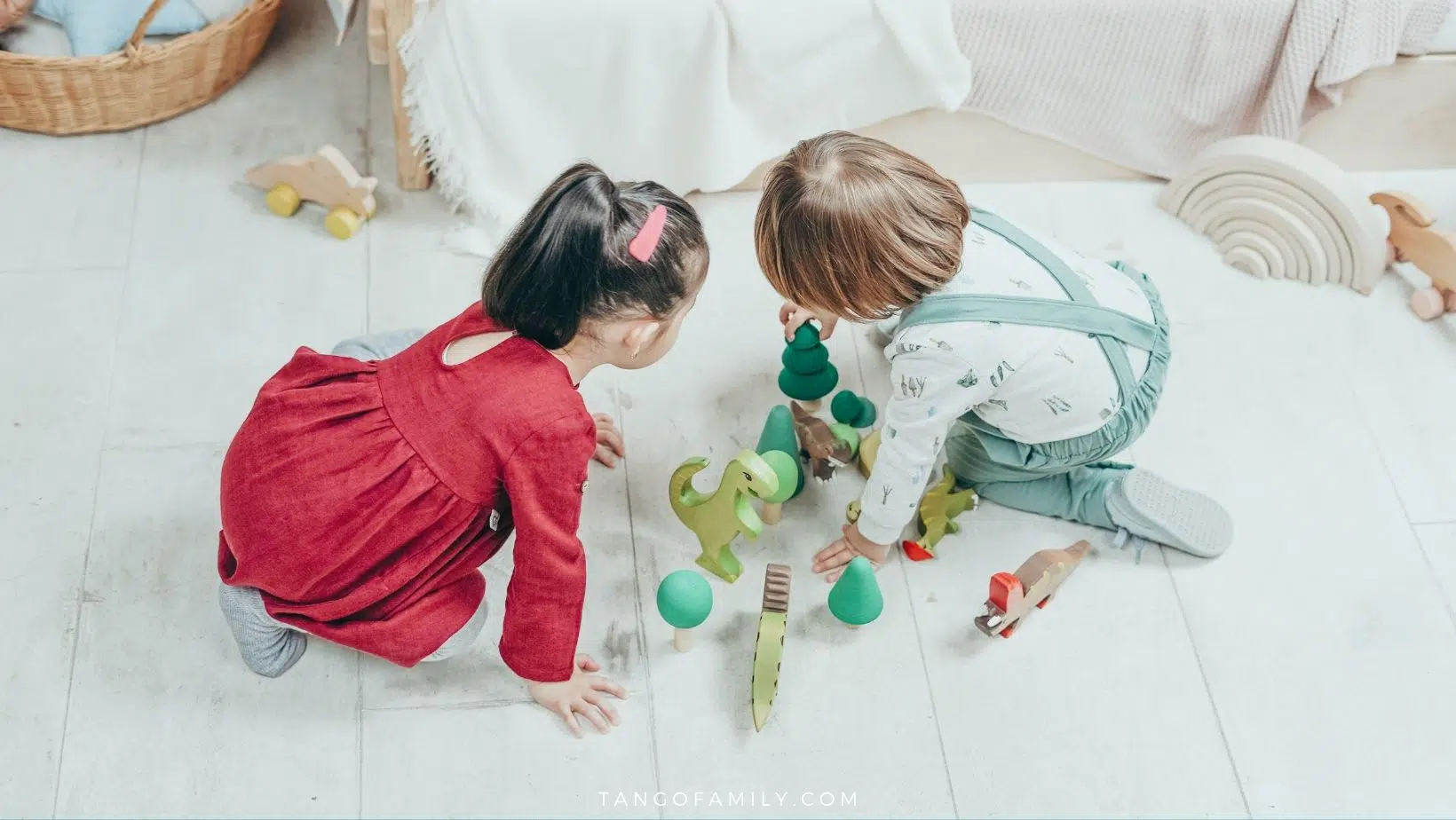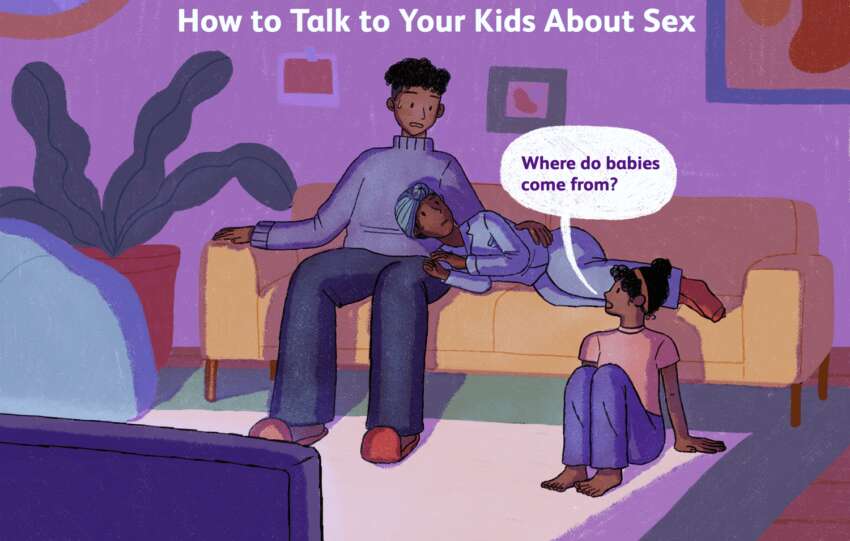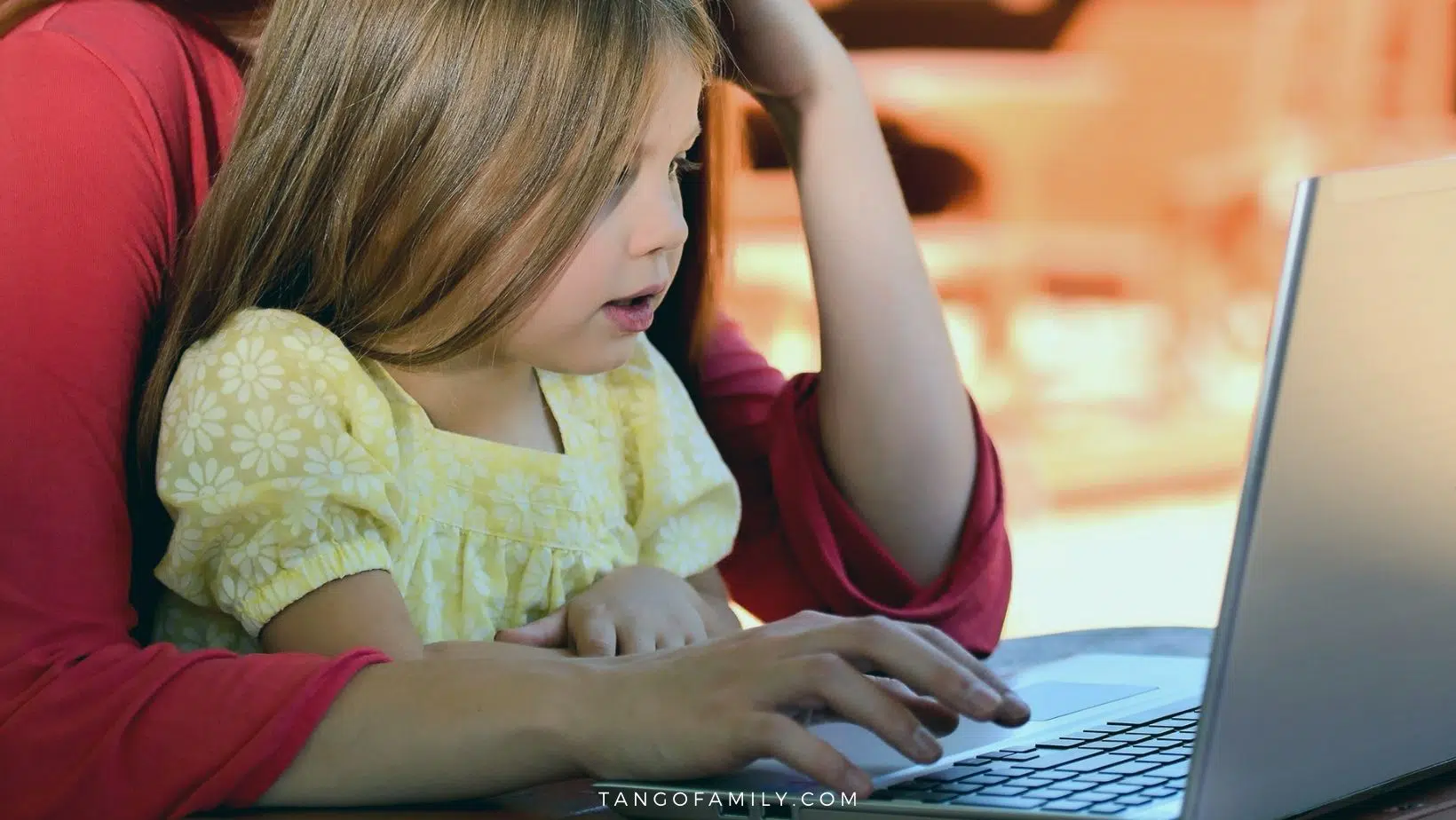Children are much more complicated than they look. There is a whole world of perceptions in their heads that can cause anxiety and depression. It is fairly hard to determine if a child has anxiety or not. Anxiety symptoms in children also get ignored because older people think it is a phase. The way we pay attention to the mental health of adults we need to take care of anxiety symptoms in children too.
Table of contents
Anxiety Symptom in Children
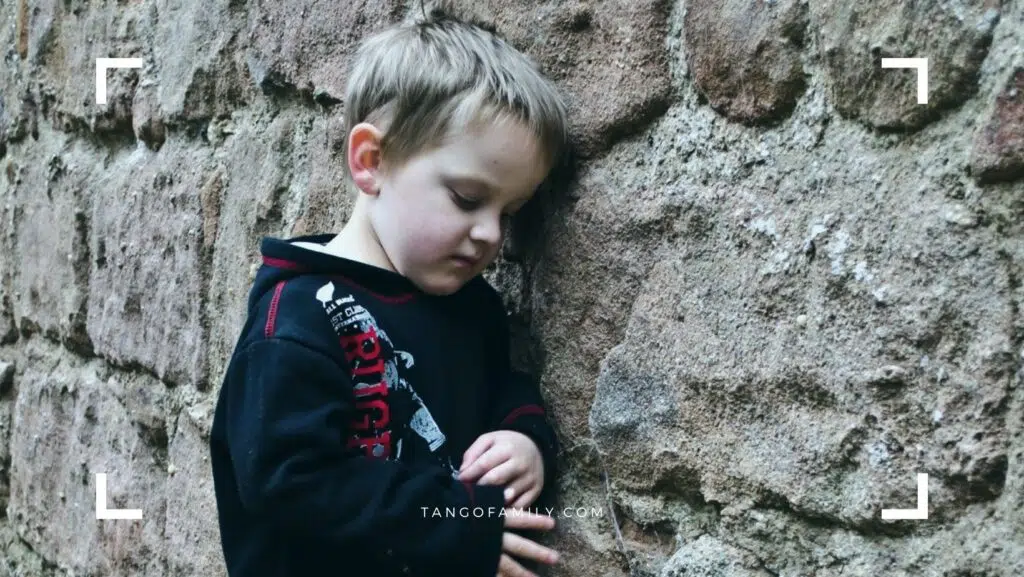
Here are some of the common anxiety symptoms in children that can be explored. These symptoms can be aggressive and mild depending on the nature of the anxiety. The responsibility lies on everybody around kids to keep them in supervision and notice if they have a problem that needs to be treated.
- Nightmare: If your child has disturbed sleep and complains about nightmares then you might need to look into the matter because it can be a sign of anxiety.
- Bedwetting: It is another common symptom of anxiety in children. It embarrasses them too and triggers the anxiety even more so parents need to deal with it very gently.
- Aggression: Aggression is one of the most common signs of anxiety in children. It can be very easily recognized even in younger children too.
- Appetite Fluctuations: Children can be difficult when it comes to eating habits but if your child is constantly showing changes in appetite then you may need to consider anxiety as a reason.
- Stomach Ache: Children with anxiety often complain about stomach aches. It needs to be taken seriously if your child has it more than normal.
- Concentration Troubles: If your child can not concentrate on anything then you need to dig in and examine because it can be a symptom of anxiety.
- Insomnia: Children tend to go to sleep quickly because they are active and get tired after an active playful day. If your child has constant trouble sleeping, it can be an indication of anxiety.
- Irritability: Irritability can be ignored in kids easily but parents need to know that it is one of the anxiety symptoms in children.
- Muscle Tension: If you suspect anxiety in your child then you might need to investigate and check if your child has stiff muscles.
- Nail Biting: Nail biting can easily be detected in kids but it should not be taken lightly as it can be a symptom of anxiety.
- Trouble Maker: A troublemaker child can get scolded instead of getting help. Parents need to have this information that troublemaking can be showing signs of anxiety in children.
- Headaches: headaches are generally not common in children. It usually refers to eyesight problems but after ruling out eyesight you need to look into anxiety symptoms in children.
Read: Some quick Parenting advice that you as a parent should know
Types of Anxiety in Children
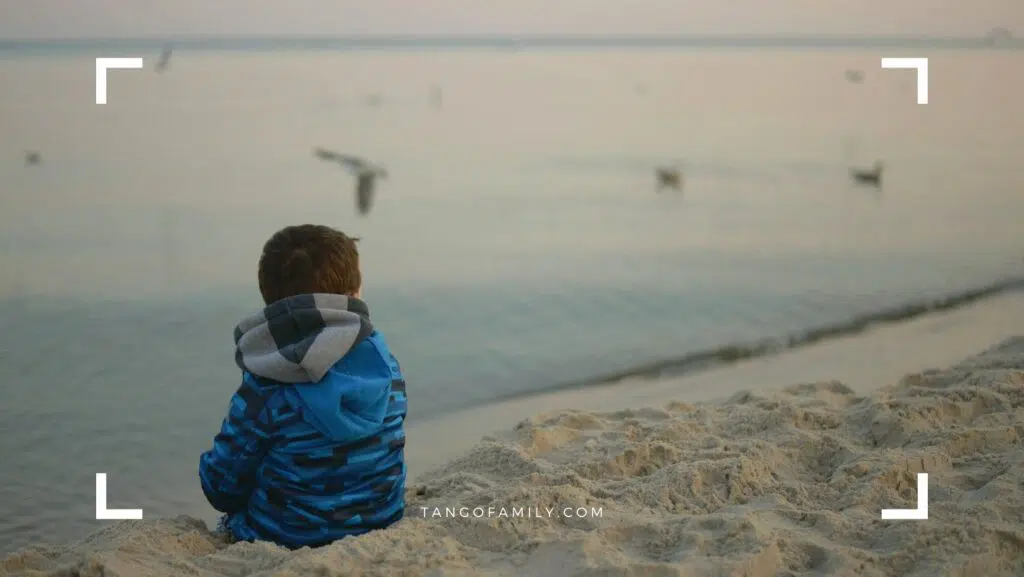
Children are very prone to anxiety but there needs to be more awareness. There are few very common types of anxiety that can result in anxiety symptoms in children:
General Anxiety Disorder
GAD (generalized anxiety disorder) is seen usually in school-going children. They are overly worried about work or their friendships. This worry changes into fear clearly showing anxiety symptoms in children. The children with GAD do not have control over their feelings. They burst with emotions or keep the overly boiling emotion inside which causes stress and anxiety to go bad. The irritability level of children with GAD is very high. They are not able to sleep well because of school worries or friend issues.
Separation Anxiety
Read: Strict parents how to deal with this myth?
It is the most common type of anxiety in young children. Children under the age of five have this fear of their parents and loved ones getting separated from them. This can be seen in infants too. Most of the time this anxiety fades away when the child grows up but in some cases, it stays and needs to be taken care of. On the whole separation anxiety is most of the time responsible for triggering anxiety symptoms in children.
Phobias
Read: Reasons for having Headache During Pregnancy
Anxiety symptoms in children can be because of the phobias they develop. These phobias can be from a thunderstorm, insects, animals, being separated from parents, and even water. Phobias can trigger anxiety that needs to be looked after. Taking care of phobia is harder as it is much deep-rooted but with the right behavior and counseling, it is possible.
OCD (Obsessive Compulsive Disorder)
The obsessive compulsive disorder is generally associated with adults only but children can have it too. Anxiety symptoms in children can be a result of OCD and if we try to address it properly, it can be fixed. So if your child has any repetitive behaviors, you might need to do some investigation and fixation.
Read: Why it is important to have empathy for kids?
Reasons of Anxiety in Children
We assume children to be free of worries but that is not true. Kids can take the impact of the environment much more than we think. There are a few common situations that can happen anywhere resulting in anxiety symptoms in children. Here is a rough breakdown of children’s worries according to their age:
- Infants can develop stranger anxiety and it can grow with them until they reach their thirties.
- Fear of monsters, crawling and flying insects, and fear of the dark is pretty common in children under 5 to 6. This results in anxiety symptoms in children.
- School-going kids have worries about school work and they have friends and they face issues dealing with friendships.
- Children of young age also have fear of thunder and heights.
- Too much moving of homes and schools can also cause signs of anxiety in children.
Read: How to prevent tooth decay in toddlers
Assist Children with Coping Anxiety
Children are very fragile beings, you need to be very careful while dealing with their anxiety problems. This mindset has to go now that anxiety symptoms in children are not possible. Once you have figured that your child has anxiety and he needs help, you need to be more vigilant than ever before. Anxiety symptoms in children can get worse if not treated at the time. Here is how you can help your child with coping anxiety:
Do not Ignore: Whenever you see anxiety symptoms in children, do not ignore them. Instead, reach out to them.
Do not Ask Children to Avoid it: Brushing anxiety under the carpet is the worst thing anyone can do. Ask your children their fears and worries and take them seriously. Do not joke about their fears.
Get the Treatment: Anxiety can be treated with counseling and medication depending on the severity of it.
Assist your Child: Work with your kids on the techniques of calming down. Try to avoid situations that can trigger anxiety symptoms in children.
Bottom line
As we discussed there can be multiple reasons for anxiety in children. There are a lot of elements that can play a role such as the environment of home, their own biology, or temperament. Children can take anxiety from parents and any stress can cause it. To prevent anxiety symptoms in children, we can have a friendly relationship with them. It will help them articulate their emotions before they cause any harm to their mental health. If a child has anxiety, parents can help the child by keeping him close and trying not to trigger the anxiety.
